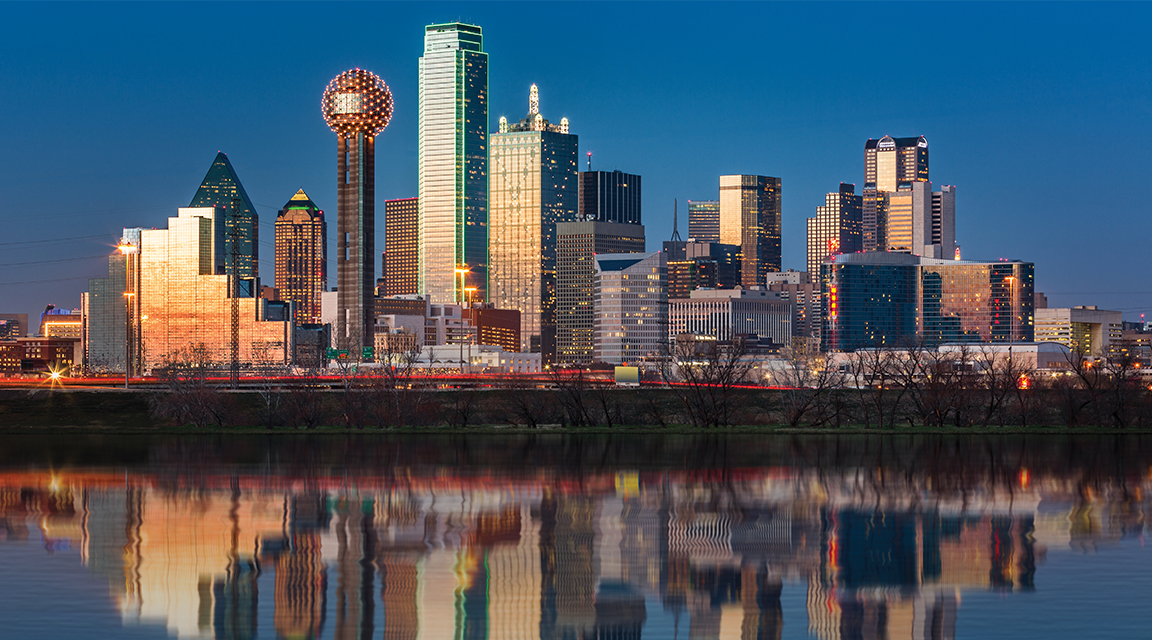HOW THEY DID IT
The Dallas Regional Chamber is reversing the traditional economic development model, by focusing on efforts to attract talent instead of companies.
“The traditional thinking within economic development circles was that by luring companies, cities would have the jobs needed to lure workers. In recent years, the mentality has reversed somewhat, with a city’s ability to retain a young, educated workforce viewed as crucial to drawing corporate relocation. Dallas, which has been one of America’s recent leaders in both corporate and workforce growth, is an interesting case study in this debate.”
Scott Beyer, Forbes.com
THE FULL STORY
A lack of access to talent is routinely cited by companies as one of the leading roadblocks to job creation and corporate expansion. This nationwide issue is one that many communities are struggling to address, but in Dallas, regional business leaders are making progress toward a solution.
The Dallas Regional Chamber (DRC) has long focused on becoming a top region for corporate headquarters and new technology jobs, pursuing an aggressive goal to add more total jobs than any other U.S. metro area from 2010 to 2015. As the DRC began to develop its current five-year strategic plan, job growth goals remained high, but the approach took a decidedly different turn.
The DRC believes that the attraction and retention of talented millennial workers, the largest generation in the U.S. workforce today, is the key to the continued expansion of the region’s economy now and in the future.
Guided by a Talent Attraction Council comprised of more than 35 companies in 15 different industries, the DRC launched “Say Yes to Dallas,” a national communications and marketing campaign, in early 2017. A website, social media platforms and a relocation guide provide young professionals with information on jobs, living, lifestyle and culture. A recruiting toolkit was also developed as a resource to help area businesses share the region’s story and answer key questions about the community. Resident testimonials – including one by Dallas Mavericks owner and high-profile tech entrepreneur Mark Cuban – paint a glowing picture of life in the region.
Clearly defined metrics have guided the effort, including a goal of retaining more than 45,000 recent graduates from colleges and universities within the region, and attracting more than 272,000 recent graduates and young professionals from Texas and surrounding states. In its first year, the campaign generated 183.5 million impressions and reached targeted talent in all 50 states. Currently, more than 400 people a day are moving to the Dallas area.
Home to 22 Fortune 500 companies, and 43 Fortune 1000 companies, Dallas and its suburbs have one of the highest concentrations of corporate headquarters in the country, ranking third among the nation’s major metros. Because Dallas ranks as one of the most diverse economies in the nation, companies and organizations are drawing from a broad cross section of skills to fill positions in nearly every major discipline. The “Say Yes to Dallas” website not only highlights the array of industry sectors but also serves as a portal to open job positions in those industries.
The success of these outreach efforts is evidenced by the Dallas-Fort Worth region’s continued job growth, both as a percentage of job growth as well as in net job gains.
